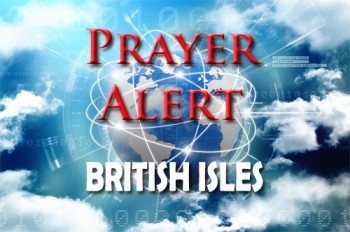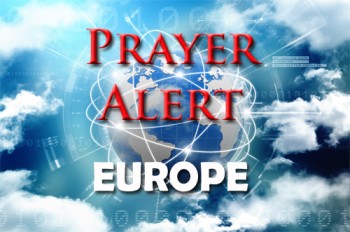Empowering children for a lifestyle of Prayer and Service to Transform our World
News & Events
Displaying items by tag: divided opinions
GPs split over assisted dying plans, says BBC
A BBC survey of over a thousand family doctors reveals sharp divisions among GPs in England over proposed assisted dying legislation. About 500 opposed the law, calling it dangerous, unethical, and a threat to patient trust. Concerns included coercion, guilt among patients feeling burdensome, and the sanctity of life. Others warned that better palliative care should be prioritised over legalising assisted death. Over half cited religious beliefs as a key reason for opposition. Conversely, around 400 GPs supported the bill, often citing personal trauma from witnessing painful deaths and arguing for dignity and patient autonomy. Supporters described the proposal as humane and overdue, with many wanting the choice for themselves or loved ones. Nearly 300 GPs would assess patient eligibility if the law passed. However, over a quarter of all respondents admitted difficulty in reliably predicting life expectancy - central to the proposed law’s safeguards. As Parliament prepares to debate the bill, questions remain over ethical boundaries, medical responsibility, and protecting the vulnerable amid calls for better end-of-life care. See and also
Russia: conflict creating family divisions
It is hard to get an accurate picture of how Russians feel about invading Ukraine, given legislation which outlaws any comments discrediting the military or referring to the invasion as a war rather than a ‘special military operation’. But a survey by an independent Russian research group in November suggests it is dividing generations. 75% of those aged 40 and over support the war, compared with 62% of those aged 18-24. The younger generation get their news from outlets such as YouTube and social media. The generation brought up during the Soviet Union absorb the official government narrative via state-run TV, so support military action. Despite the risks, Russian filmmakers have recorded the impact that the invasion of Ukraine has had on Russians. Many thousands have fled. Those that stayed have to choose: support the war, oppose it, or stay silent.



